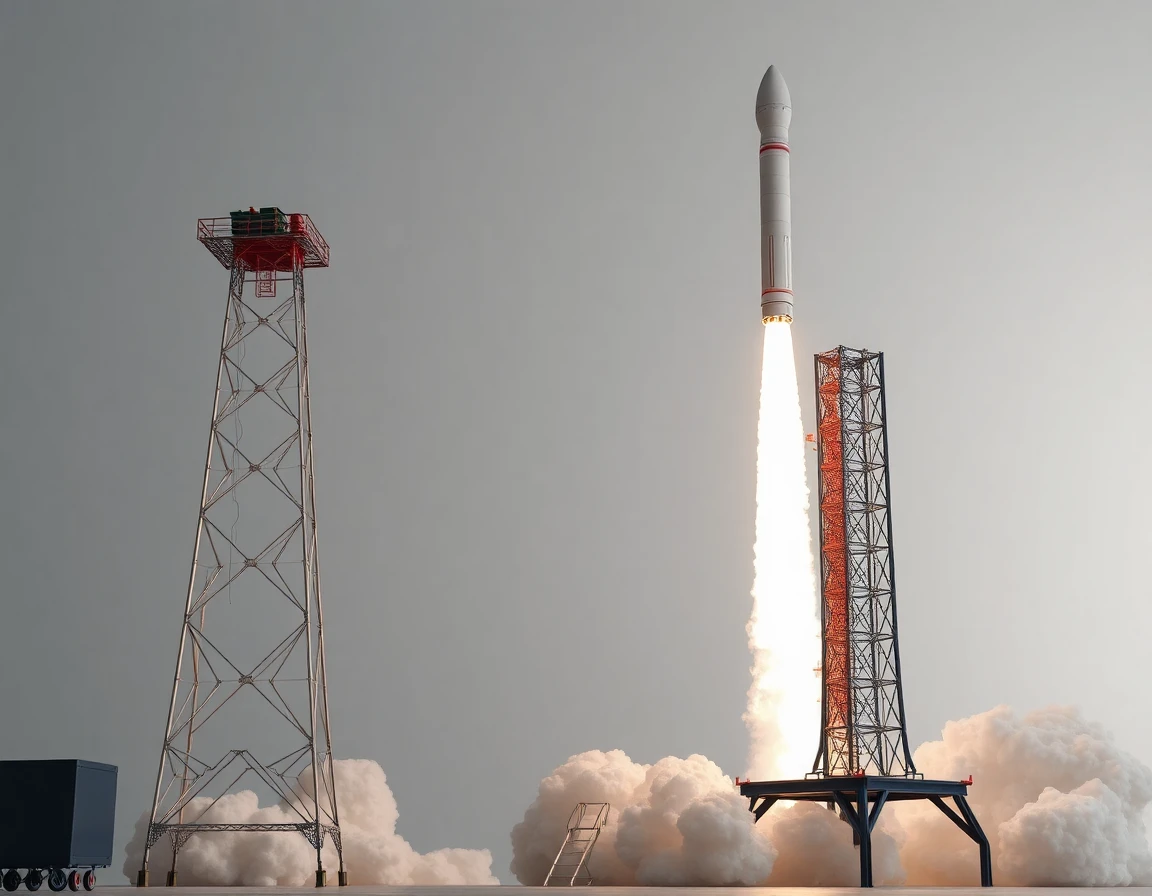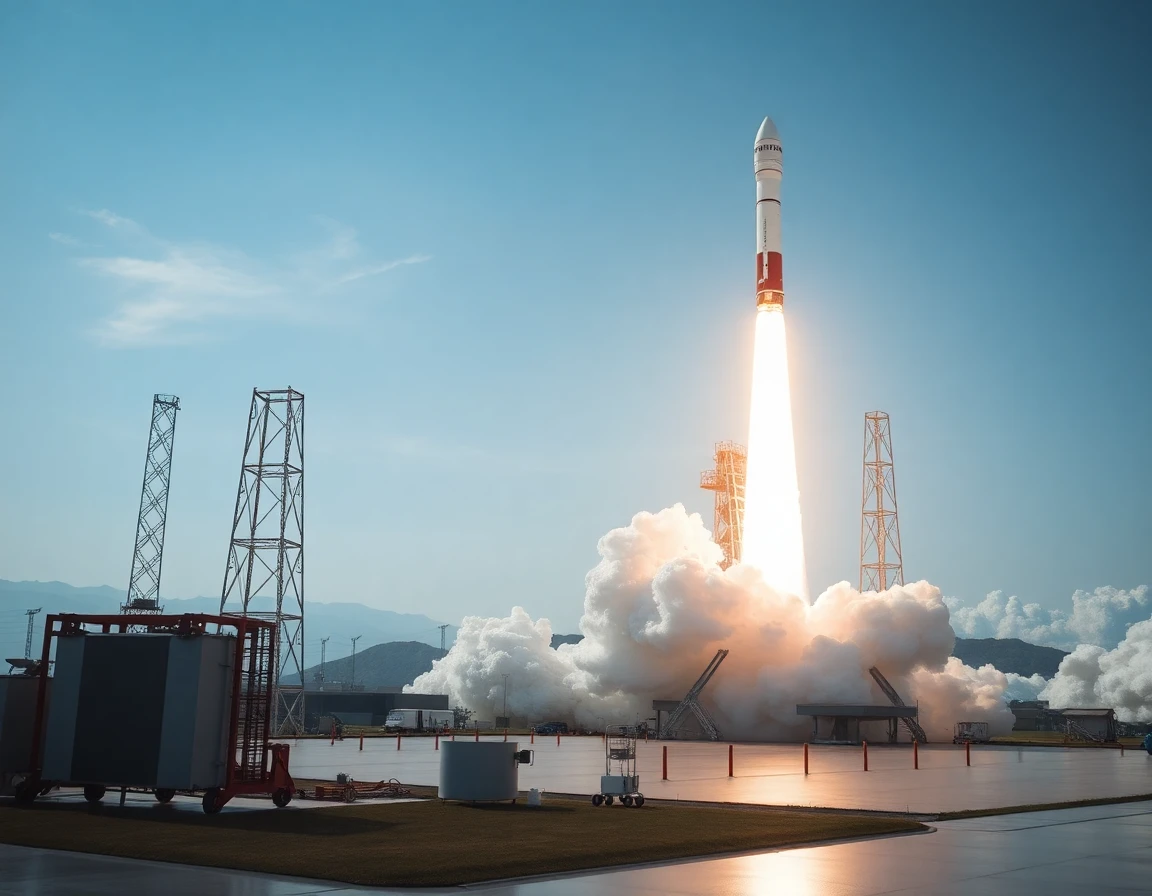In a remarkable display of technological prowess, Rocket Lab has successfully launched five satellites for an undisclosed commercial client. This mission, conducted on October 15, 2023, from the company’s launch facility on the Mahia Peninsula in New Zealand, highlights the increasing demand for satellite deployment in the aerospace and defense industry.
The Mission Details
The Electron rocket, which is renowned for its small satellite launch capabilities, lifted off at 10:00 AM NZDT, carrying a payload that underscores the significance of satellite technology in today’s digital landscape. Rocket Lab’s CEO, Peter Beck, stated, “This launch demonstrates our commitment to providing reliable and cost-effective access to space for commercial entities. With the growing need for satellite data, we are proud to support various industries through innovative solutions.”
The payload details remain under wraps, showcasing the competitive nature of the satellite services market. However, it is well-known that demand for satellite capabilities spans industries such as telecommunications, earth observation, and scientific research.
The Growing Importance of Satellite Technology
As businesses and governments increasingly rely on satellite data for critical operations, the role of satellite technology continues to expand. Recent reports indicate that the global satellite industry is expected to reach over $500 billion by 2025, driven by advancements in satellite communications and Earth observation systems.
The satellites launched by Rocket Lab are likely equipped with cutting-edge technology, including high-precision inertial navigation systems that ensure accurate positioning and guidance. These systems are crucial for maintaining the operational integrity of satellites in orbit, allowing them to effectively collect and transmit data back to Earth.
Technical Insights
The Electron rocket, with its innovative design, is tailored for small satellite launches, providing a cost-effective solution without compromising payload capacity. The rocket’s unique features include:
- Electron’s 3D-printed engines: Utilizing advanced manufacturing techniques, Rocket Lab has pioneered the use of 3D printing in rocket engines, which allows for rapid production and prototyping.
- Payload flexibility: The Electron can carry payloads of up to 300 kg to low Earth orbit (LEO), making it an ideal choice for deploying multiple small satellites in a single launch.
Moreover, the satellites’ integration of high-performance 6-DOF MEMS inertial measurement units ensures reliable stabilization and orientation, which are essential for precise data collection and operational efficiency.
Future Developments in the Satellite Sector
The launch signifies not only Rocket Lab’s growing influence in the satellite launch market but also reflects a broader trend across the aerospace sector. As companies aim to leverage satellite technology for applications such as global internet service, disaster management, and climate monitoring, the industry is witnessing a surge in investment and innovation.
Experts predict that the next decade will see an influx of small satellites being deployed, driven by advancements in miniaturization and data analytics. “The future of satellite technology is bright,” says Dr. Emily Carter, a leading aerospace researcher. “As more players enter the market, we can expect a wave of innovation that will enhance global connectivity and provide critical data for various applications.”
Conclusion
Rocket Lab’s successful deployment of five satellites marks a significant milestone in the ongoing evolution of satellite technology. As the industry adapts to meet the demands of modern society, companies like Rocket Lab are at the forefront, delivering innovative solutions that are set to transform how we understand and interact with our world. With continued advancements in satellite capabilities, the future looks promising for both commercial and governmental applications alike.
For more information on Rocket Lab’s launches and their innovative technologies, visit their official website.



